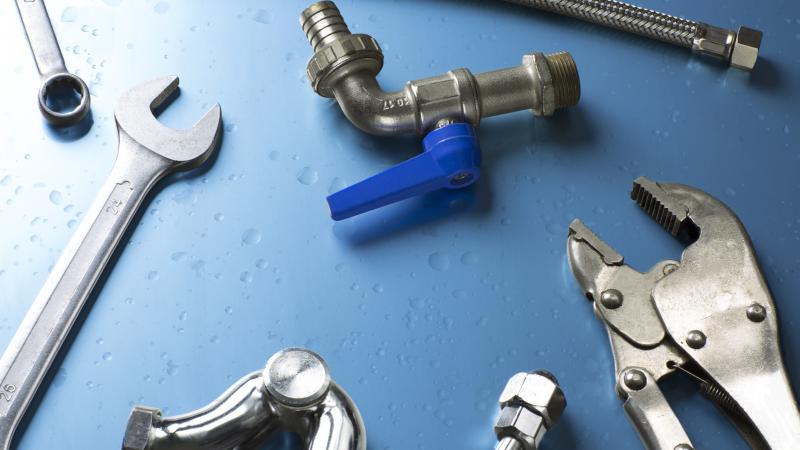(352) 817-7647
24 Hour Emergency Service Available
All Major Credit Cards Accepted
All Major Credit Cards Accepted

Tankless water heaters are not for everyone. How many people are in your home? How is your house wired? What kind of investment are you willing to make? These are all things to take into consideration when choosing your water heater. There's a common misconception that the "instantaneous" tankless water heaters are substantially more efficient. That is not exactly accurate. Most people do not want to wait for hot water, nor do they want to run out of it while showering. Furthermore, they do not want either of those things cost them an arm and a leg.
The Cons of Going Tankless:
The Pros: Tankless models save space, offer longer warranties and can save you money in the bigger picture.
Homeowners can see benefits of a tankless water heater well beyond energy savings. These heaters save space with a slim and compact design, the last longer and are better for the environment because a rusty tank does not end up in the landfill. You will avoid having breakdown issues with water on the floor, and tankless water heaters typically have a longer warranty, about 15 years. Traditional water heaters can come with up to a six-year warranty.
Is a tankless water heater right for you? Here are some things to consider:
Thursday, January 5, 2017
467 words
2 minutes, 20 seconds reading time